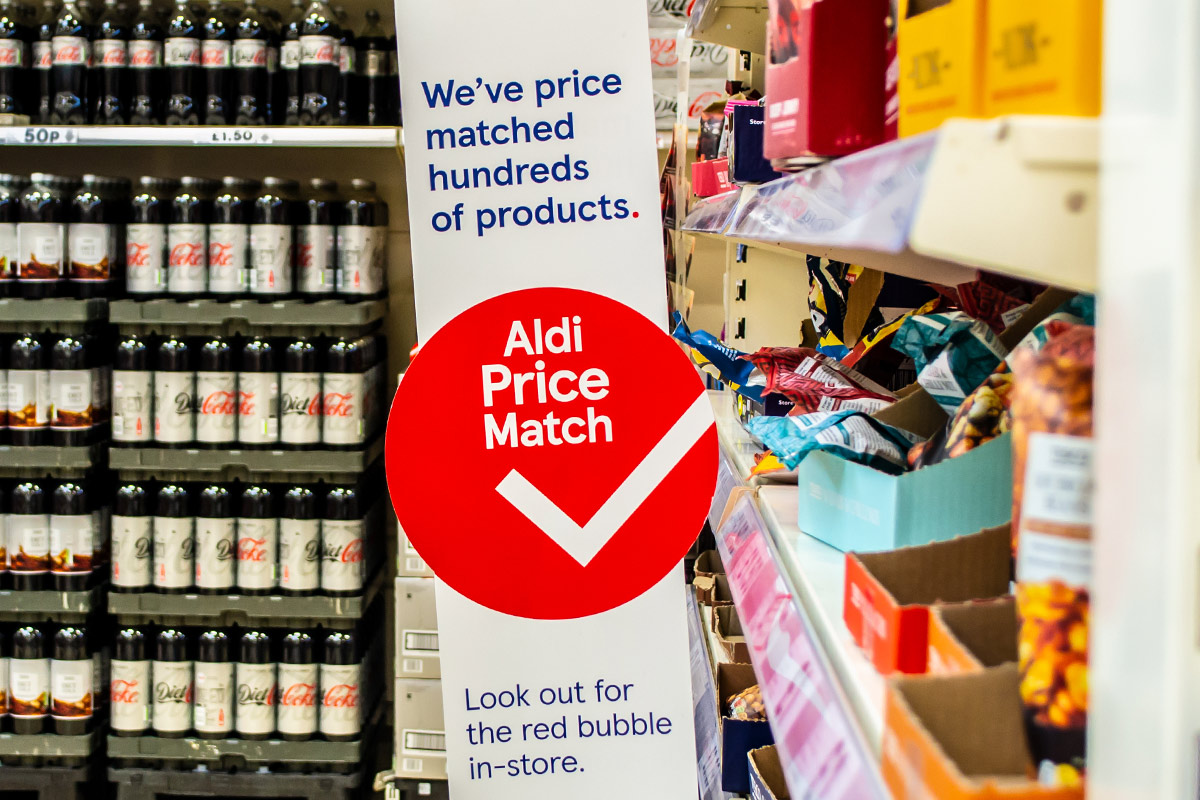Loyalty cards work. They are here to stay, and their sophistication can only be good news for shoppers.
When the forthcoming CMA report on loyalty pricing is published, I’m sure it will follow the usual protocol: find a clean bill of health, with a couple of follow-up recommendations to make it look like the report was worth the money. These token issues will then be irresponsibly magnified and echoed across the news media, creating negativity around retail and food. Only Aldi will be relaxed, because it doesn’t yet have a loyalty card.
I would much rather the CMA exposed the genuinely tricksy practice of Tesco and Sainsbury’s removing items from their Aldi Price Match when Aldi lowers the price further to belie their claim. Proving they are unable to truly match any price, they drop the product, then maintain their price-matched product count by adding another, less hot potato.
Instead, the CMA is more likely to follow Which? criticism that loyalty clubs could drive food wasteby introducing total spend incentives. However, in my view, these staged incremental incentives are necessary to drive loyalty.
The five-year goal to put all Tesco price promotions through Clubcard was to drive new memberships – and, of course, to collect more complete data. Join in or lose out was the message. And, my goodness, how it has worked. Eighty-two per cent of sales are now made using a Clubcard. The next stage is to keep members loyal, making sure they return more often and spend more. The problem is, other retailers have now copied the member pricing strategy, so the mechanism is no longer one of true loyalty.
The excellent research from The Grocer with Toluna & Harris Interactive showed on average shoppers own three or four loyalty memberships. And although a quarter of shoppers admit they’ve switched more of their shopping to a particular supermarket, another different quarter have increased their promiscuity too. Left untouched, the direction of travel is to drive loyalty down, and retailers cannot allow this.
It is unsurprising shoppers prefer relevant instant rewards to future discount vouchers, which do genuinely drive loyalty. The Lidl Plus app has got it about right. It offers tiered discount levels for different spend thresholds – £50, £100, £150, and £250 – that offer instant savings and drive collector loyalty. To claim this will drive food waste is an insult to the public.
It’s clear Aldi wants to avoid the complexity of a loyalty strategy, which could lead to higher pricing. Despite its denials, I’m certain it sees a need to move on loyalty cards – not just because of the data, and not even for the loyalty mechanisms, but because it is under the constant threat of Aldi Price Match. It needs the digital flexibility to manage this effectively with shoppers. Pricing surveys, including the Grocer 33, now reflect Aldi Price Match – yet Aldi doesn’t even have an app.
This game needs digital agility. An Aldi app will come soon, I’m sure – and imagine how easy it will be then to expose the bogus price match claims.
Source: The Grocer
Image Editorial credit: JessicaGirvan / Shutterstock.com


